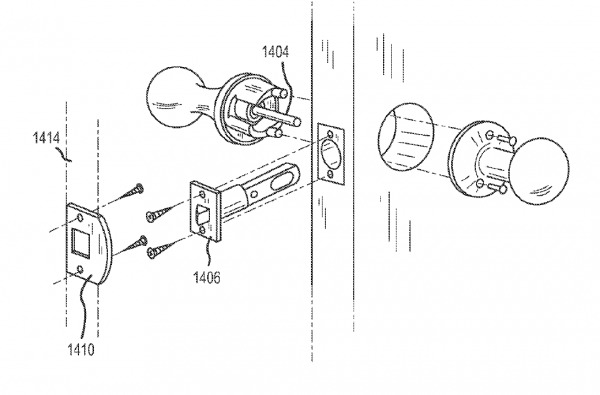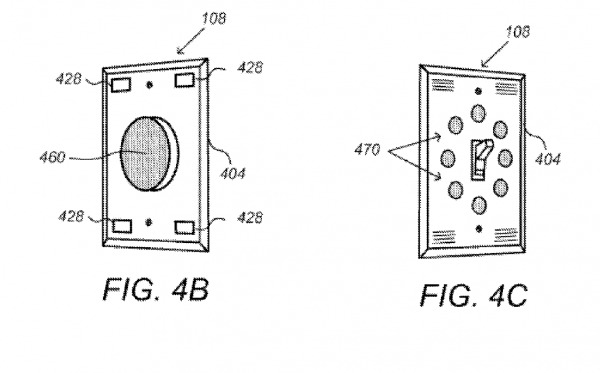Google Patent Wants To Make Even Doorknobs Smart
Google acquired Nest and then Dropcam, so it isn't much of a surprise that it might want more. If there was any doubt there, this latest patent, filed just months after the two acquisitions, would dispel all that. It might be deceptively called "Security Scoring in a Smart-sensored Home", but the message it sends is clear. Google wants to make homes smarter, and probably gather more information than you're willing to hand over through browsers and phones. And like any other house, it all starts at the door.
Google's patent application might seem like a boring scoring system at first glance, with recommendations based on how well a homeowner secures his or her home, but the interesting bits are the ones hidden inside the patent. In other words, it's what Google is putting together that maybe more interesting than this particular scoring system. The components include almost anything from doorbells, to doorknobs, to switches, to wall sockets.
Smart doorbells are nothing new. We've seen quite a few stabs at that area, like Ring, formerly known as Doorbot. And Google might even already have the technology and expertise needed to make that happen after the Dropcam purchase. A smart doorknob, on the other hand, might be quite new to Google, and potentially more problematic or risky given the need to balance security and convenience. There's also mention of "smart entry detectors", practically a two part device that can detect things like opening a door or a window.

Google's patent goes beyond house openings. It has "smart wall switches" that can detect lighting conditions and "smart wall plugs" for controlling probably non-smart appliances. Google is trying to cover almost all the bases for anything and everything that can be made smarter beyond the usual culprits of smart appliances and electronics.

Of course, these is just a patent, with no assurance that they will ever be made into actual products. Naturally, Google would not comment on speculation. If it does come to pass, Google's entry into that market might be both a boon and a bane. It could verify and boost interest in automated home systems but it could also make competition even tougher, especially for the relatively smaller companies that are already taking up space there.
SOURCE: USPTO
VIA: VentureBeat
